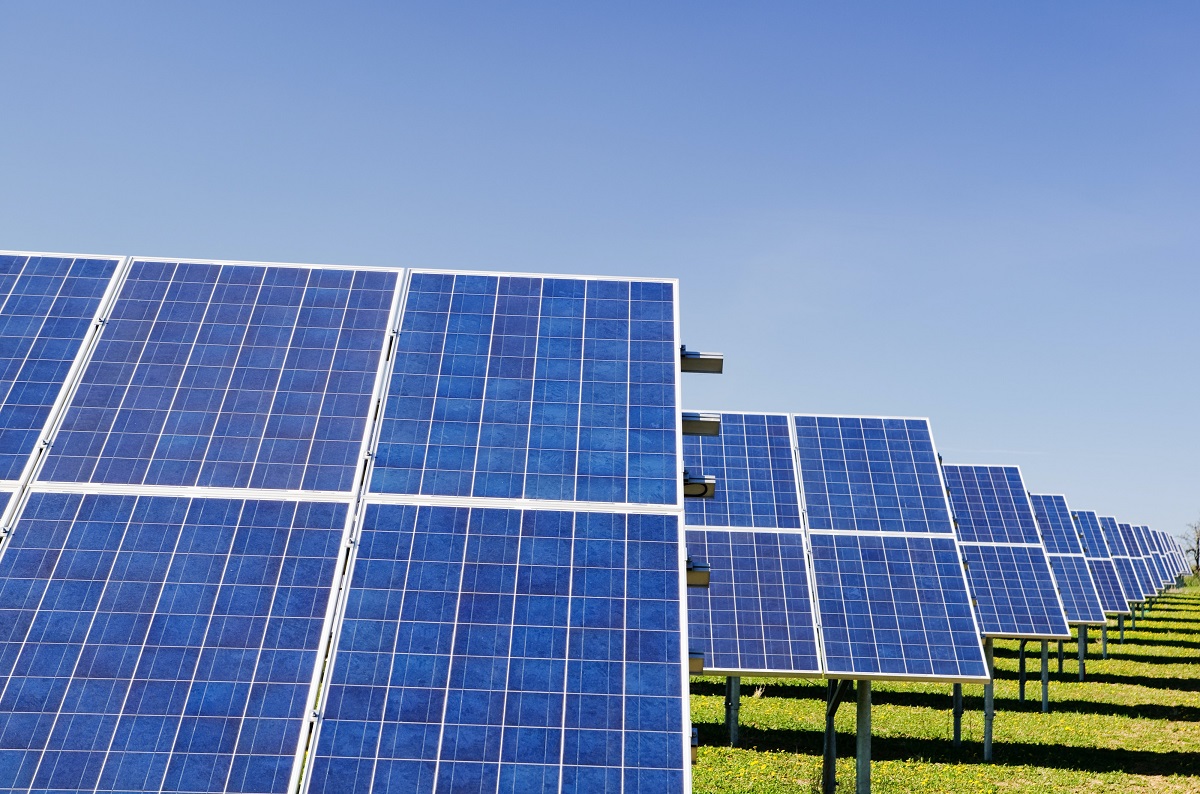The newly announced Net-Zero Industry Act plans to make Europe a beacon of green technology and manufacturing.
Announced by President Ursula von der Leyen as a part of the wider Green Deal Industrial Plan, the proposed Net-Zero Industry Act seeks to scale up the manufacturing of clean technologies in the EU and ensure the bloc is well-equipped for the clean energy transition.
“We need a regulatory environment that allows us to scale up the clean energy transition quickly,” said von der Leyen. “The Net-Zero Industry Act will do just that. It will create the best conditions for those sectors that are crucial for us to reach net-zero by 2050: technologies like wind turbines, heat pumps, solar panels, renewable hydrogen as well as CO2 storage. Demand is growing in Europe and globally, and we are acting now to make sure we can meet more of this demand with European supply.”
A focus on technologies that make a “significant contribution to decarbonisation”
To make the Net-Zero Industry Act work, the European Commission (EC) plans to cut red tape and make investment and grants easier to obtain. Priority will be given to the types of projects that make a “significant contribution to decarbonisation”, putting them to the front of the queue for funding.
According to the European Commission, the act will “create better conditions to set up net-zero projects in Europe and attract investments, with the aim that the Union’s overall strategic net-zero technologies manufacturing capacity approaches or reaches at least 40% of the Union’s deployment needs by 2030”.
Industry competitiveness and job creation
The goal is to accelerate progress towards the EU’s 2030 climate and energy targets as well as the transition to climate neutrality all while “boosting the competitiveness of EU industry, creating quality jobs and supporting the EU’s efforts to become energy independent”.
Skilled workers will be needed to run the show, so the EU is also supporting training via Net-Zero Industry Academies, overseen by the project with an eye to building the workforce of tomorrow.
The proposal also includes reforms for the electricity market’s design in order to lessen reliance on imports – a lesson learned the hard way after the Russian invasion of Ukraine in 2022 – and push cleaner energy supplies to the forefront.
The tabled proposal will now go the next level, where it will be discussed and finessed by the European Parliament and the Council of the EU, before being enacted.
Sign up for the Monaco Life newsletter. For the latest news, follow us on Facebook, Twitter, and Instagram.
Photo source: Zbynek Burival for Unsplash
